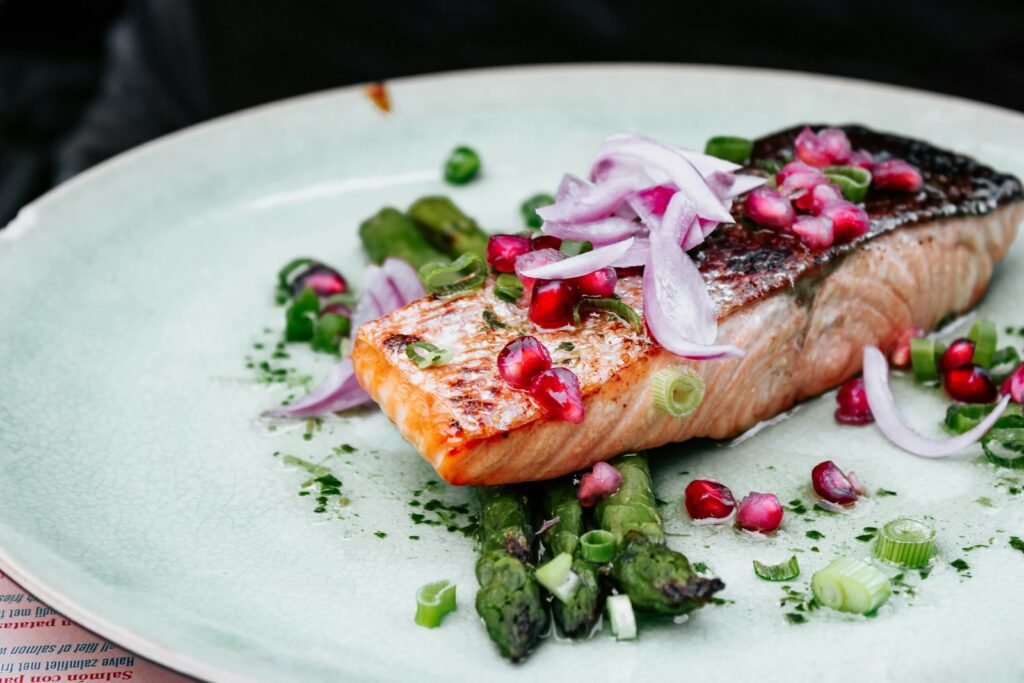Table of Contents
What Exactly Is the Keto Diet?
Ever stumbled upon the word keto and wondered what all the fuss is about? You’re not alone. The keto diet is one of the most talked-about eating plans right now, and it’s not just a passing trend. It’s been studied for decades, especially in medical settings like epilepsy treatment.
At its core, the ketogenic diet is a low-carb, high-fat way of eating. That means foods rich in carbs like bread, pasta, and sugar are significantly reduced, while fats from things like avocados, nuts, and cheese are increased. Why? The goal is to get your body into a state called ketosis, where it burns fat for energy instead of carbs.
Here’s a quick overview of how the food breakdown typically looks on a keto diet:
- 70-80% of calories from fat
- 10-20% from protein
- 5-10% from carbohydrates
Sound intense? It can be at first. When your body is used to burning carbs (which it loves), switching to fat can feel like going from gas to electric. There’s often an adjustment period known as the “keto flu” where you might feel tired, foggy, or just off.
But for many people, the benefits are worth pushing through.

Potential Benefits of Going Keto
Why are so many people jumping on the keto bandwagon? Well, keto isn’t just about cutting carbs. It’s about what you gain in the process—mostly, energy and focus from fat-burning, and often, weight loss.
Here’s what some people experience with the keto diet:
- Weight loss: Your body taps into stored fat for fuel.
- Reduced hunger: Fat and protein tend to keep you full longer.
- Improved focus and clarity: Stable energy from fat prevents the highs and lows tied to sugar crashes.
- Lower blood sugar and insulin levels: Beneficial for those with type 2 diabetes or prediabetes.
- Better cholesterol levels: Some studies show improved “good” HDL levels.
An example: My friend Sarah, who struggled for years to lose weight, finally saw results after switching to keto. “It made me rethink everything I thought I knew about food,” she told me. “I wasn’t starving all the time and had way more energy.”
However, not everyone has the same experience. While some people thrive, others may struggle and need adjustments or even opt for a less restrictive plan like a moderate low-carb diet.

Photo courtesy of Pexels.com
Is the Keto Diet Safe for Everyone?
Short answer? No—not for everyone.
Let’s be clear: keto can be safe and effective when done properly. But it’s not a one-size-fits-all plan, and it’s crucial to understand potential downsides. In fact, the Academy of Nutrition and Dietetics recommends speaking with a doctor or dietitian before starting.
Here are some potential risks:
- Nutrient deficiencies: Cutting entire food groups can mean missing out on key vitamins and minerals.
- Constipation: Due to low fiber intake from limited fruits and grains.
- Fatigue and cramps: Common in the early phase (keto flu).
- Heart strain: A very high-fat diet may pose risks, especially for people with existing heart issues.
Also, if you have conditions like pancreatitis, liver disease, thyroid issues, or a history of disordered eating, keto may not be appropriate.
One mistake some people make is leaning into unhealthy fats—think bacon, butter, and cheese—while neglecting healthier fats like those found in olive oil, nuts, and salmon. It’s totally possible to do keto “wrong,” which is why informed, balanced choices are a must.

Photo courtesy of Pexels.com
Should You Try the Keto Diet?
So, is keto the right fit for your goals? If weight loss, improved energy, or better insulin control are on your list, it might be worth considering. But this isn’t a magic bullet, and it’s definitely not a lifestyle for everyone.
Ask yourself:
- Am I ready to commit to a low-carb lifestyle?
- Do I have the resources to plan balanced, nutritious meals?
- Can I consult with a healthcare provider before starting?
Also, remember that there are plenty of ways to eat healthier without going full keto. Simple shifts like reducing processed foods, eating more vegetables, and being mindful of sugar can make a huge difference—without needing to count grams of carbs.
In the end, everyone’s body responds differently. What works like magic for one person might not work for you. And that’s completely okay.
Final Thoughts
Keto can be powerful when done with intention, but it’s essential to think beyond the hype. If you decide to try it, start slow, do your research, and keep an open line of communication with your healthcare provider.
And hey, if keto isn’t your thing? There are a hundred other ways to fuel your body and feel fantastic. The best diet is one that’s healthy, enjoyable, and sustainable—for you.
Want to dive deeper? Check out this helpful overview on the Harvard Health website for more insights on how the keto diet stacks up in the world of nutrition science.













